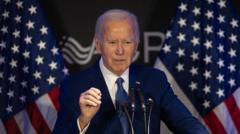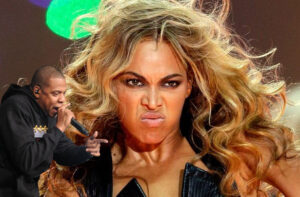The integrity of Perrier's labeling as 'natural mineral water' is under fire as investigations reveal the use of filtering and sterilization methods that may violate French regulations, sparking a government inquiry.
Nestlé Faces Scrutiny Over Perrier's 'Natural' Water Claims

Nestlé Faces Scrutiny Over Perrier's 'Natural' Water Claims
Accusations arise regarding the filtering practices of Perrier, questioning the definition of 'natural' water in regulatory terms.
The renowned French sparkling mineral water brand Perrier, produced by Nestlé, is currently at the center of a brewing controversy regarding its classification as “natural mineral water.” For over a century, Perrier has symbolized European sophistication and leisure, but recent accusations have cast a shadow over its image and compliance with food and drink regulations. Critics, including French regulators and consumer advocates, suggest that Nestlé has manipulated the water’s purity by employing treatments such as filters and ultraviolet sterilization at its source in Provence, which they argue strays from the true definition of "natural."
The French government is now demanding that Perrier discontinue its filtration processes, granting the company a two-month period for compliance while assessing potential changes to its labeling practices. The scandal intensified this week following the release of a Senate investigation, which pointed fingers at Nestlé for allegedly concealing these treatment methods, demonstrating potential collusion with government bodies to suppress the revelation of what it branded as "illegal practices." This unfolding scenario raises pressing questions about the transparency and authenticity of bottled water claims globally. As the inquiry continues, consumers and environmental advocates alike are left wondering about the future of what constitutes 'natural' water.
The French government is now demanding that Perrier discontinue its filtration processes, granting the company a two-month period for compliance while assessing potential changes to its labeling practices. The scandal intensified this week following the release of a Senate investigation, which pointed fingers at Nestlé for allegedly concealing these treatment methods, demonstrating potential collusion with government bodies to suppress the revelation of what it branded as "illegal practices." This unfolding scenario raises pressing questions about the transparency and authenticity of bottled water claims globally. As the inquiry continues, consumers and environmental advocates alike are left wondering about the future of what constitutes 'natural' water.




















